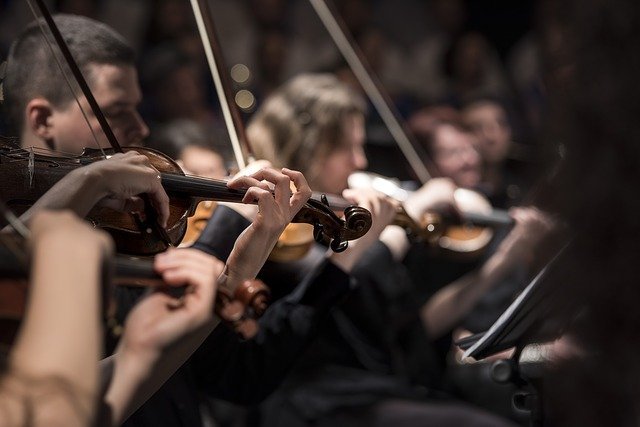Music is a unique thing. It can evoke emotions that stay hidden in the daylight! Music can influence us in a way that is substantially more powerful than we could ever imagine. The positivity that music can bring in is beyond the comprehension of many people.
Today, the world of music has now come into people’s reach at a fraction of the cost that we had to pay earlier, thanks to the Internet. The Internet has also made accessing music much easier today as there are hundreds of music hosting websites around. So, let us look at the various ways in which music can positively impact our brains.
Music helps in identifying expressions.
We can easily understand who is happy and who is sad. Neutral expressions, however, are a different story altogether. With music, the way we associate neutral faces changes substantially. It is the type of music that can make us see a neutral face in a different light. A neutral face can look happy if we listen to music that our brain registers as glad. Our brain identifies the expression in tune with the type of music we hear. Music also gives us two different kinds of emotions that are the perceived emotions and felt emotions. Amazingly, we can perceive the emotions of a piece of music without experiencing it. That is why even sad music becomes enjoyable.
Contrary to popular belief, ambient music can stir creativity in many people.
Loud music might not be ideal when we look to do creative work. As per research, it has been found that moderate music is most suited for creative endeavors and is perfect to be listened to when doing any creative work. The way this is achieved is novel. Moderately loud music creates a problem for our analytical brain, and we tend to lose focus when processing information. This forces us to find creative ways to handle the pieces of information. Loud music, on the other hand, overwhelms our system. We fail to process anything at all and thus can’t help but lose our focus.
Motor and reasoning skills are positively impacted by music.
It is common practice for elders to enroll their children in music classes, especially to learn musical instruments. A study was conducted on this, and it was found that children who learned to play a musical instrument performed better than those who didn’t. This was particularly true in auditory discrimination and fine motor skills. The musical training also helped them do better in both vocabulary and verbal skills. These children would find it easier to identify relationships or find similarities and dissimilarities between shapes and patterns. Though music is miles away from these skills, yet it positively affected the children. They could perform better than their peers. Similar studies also showed comparable results when motor skills were concerned.
Music can improve visual attention.
Studies and their results can be amusing and astonishing at the same time. A piece of research conducted with a small number of stroke patients showed that listening to classical music resulted in better visual attention for them. In this regard, it can be inferred that music improves the cognitive abilities of children and adults alike.
Music helps us utilize our energy and resources better when exercising.
We all, who has ever visited a gym, know how much positivity music can add to the exercise regimen. We shall come back to the studies again in 1911 Leonard Ayres found that cyclists pedaled faster when listening to music. The presence of music motivates us to work harder. It also reduces our experience of fatigue and pain. When exercising, we start getting tired, and our body starts sending messages to the brain to stop. Music competes with the body and overrides our brain cutting off the signal of the body. Low or moderate-intensity exercises are best done with music, high-intensity exercises generally produce so much pain and fatigue signals that music can’t override them. A 2012 research article has shown that cyclists who listened to the music needed 7% less oxygen when compared to those cyclists who did the same work in silence.
Music is indeed a powerful tool and can help us in many positive ways. Our brain is strongly impacted by music, and above are a few examples of its positive impacts.























